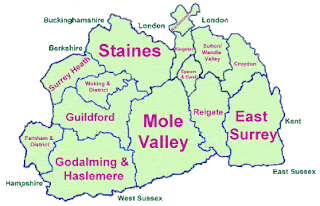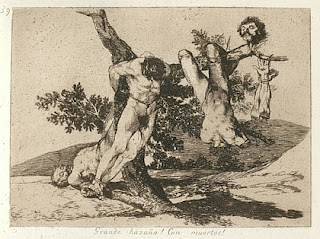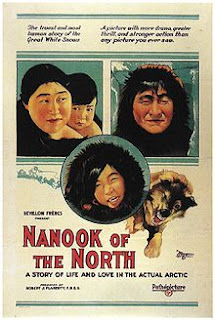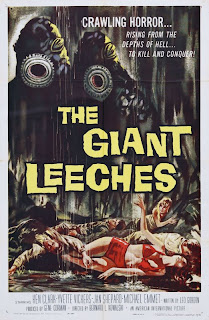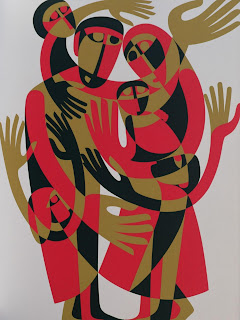"Acting on behalf of ": the Arts of Compromised Documentary

In a recent post I noted that the earliest documentaries had a rehearsed quality: "... when Flaherty made his legendary film Nanook of the North: A Story Of Life and Love In the Actual Arctic (1922) he captured the hardship of the life there but presented it as though there had been no contact with Europeans, guns and gramophones; but these were 'primitives' who helped in the filming! It's a wonderful film and constructs a wonderful fiction out of community life." Flaherty's work excites both admiration and indignation for its recreation and reconstruction of a lost world. Part of is success is its artistry - its artifice (a kind if cunning); its natural nobility that turns out to be a mode of artificiality . Today we are perhaps more conscious than ever of the possibility of fakery and simulation. As inexpensive digital technology progresses it becomes more difficult to tell the difference between fact and fiction; simultaneously we suspec
